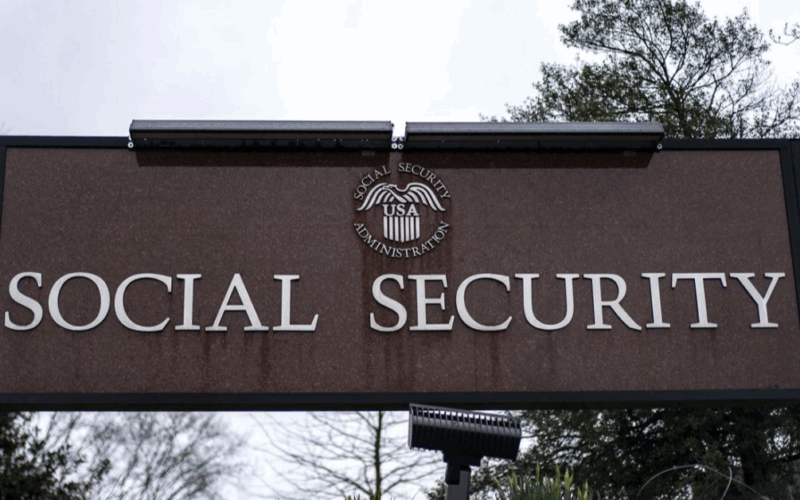Washington, D.C. – A high-ranking Social Security official, Charles Borges, has resigned from his post as the agency’s chief data officer following a whistleblower complaint accusing the Department of Government Efficiency (DOGE) of mishandling sensitive information of more than 300 million Americans. Borges claimed that DOGE officials improperly uploaded Social Security data to a cloud account lacking proper oversight, putting citizens’ most private information at significant risk.
Borges stated that the Social Security Administration’s (SSA) reaction to his complaints has made his position untenable due to unethical and legally questionable constraints, as well as intense emotional and physical distress.
The Severity of the Whistleblower Complaint
In his whistleblower disclosure submitted to the special counsel’s office, Borges outlined the grave consequences of potentially compromised Social Security data, which include:
- Health diagnoses and sensitive personal biographic data
- Income and banking information
- Familial relationships
Borges warned that if bad actors gain access to this cloud environment, the fallout could be devastating, exposing Americans to rampant identity theft, loss of critical healthcare and food benefits, and forcing the government to undertake the massive cost of re-issuing Social Security Numbers nationwide.
“After reporting internally to management and externally to regulators, serious data and security and integrity concerns impacting our citizens’ most sensitive personal data, I have suffered exclusion, isolation, internal strife, and a culture of fear, creating a hostile work environment and making work conditions intolerable,” Borges stated in his resignation letter.
Agency Response and Legal Context
The Social Security Administration has declined to comment on Borges’ resignation or the allegations contained within his complaint. However, his legal representative, attorney Andrea Meza, confirmed that Borges could no longer work with the agency in good conscience but would continue cooperating with oversight bodies to address concerns.
Since January, Borges served as SSA’s chief data officer, a role in which he witnessed firsthand the data management issues related to DOGE’s unprecedented access to government data under the Trump administration’s initiative to eliminate waste, fraud, and abuse.
Earlier this year, labor and retiree groups filed lawsuits against SSA to block DOGE’s access to sensitive agency data. Despite the appeals panel’s divided decision allowing DOGE to retain access, the controversy continues to fuel public debate over data privacy and government transparency.
Workplace Impact and Broader Implications
Borges cited significant workplace retaliation, including:
- Exclusion and isolation by colleagues
- Increased internal conflicts and strife
- A prevailing culture of fear and hostility making workplace conditions intolerable
His resignation highlights broader concerns about transparency and accountability within federal data management practices, especially those placing Americans’ private data at potential risk.
What’s Next?
Borges’ departure could prompt increased scrutiny on DOGE and the SSA regarding data governance and protection policies. The ongoing situation calls for urgent action from government oversight bodies to ensure the safety of sensitive data and protect citizens against identity theft and other risks.
Given the stakes outlined by Borges, further investigations and legislative reviews are likely as public trust in data handling practices is critically important.
Key Takeaways:
- More than 300 million Americans’ Social Security data potentially exposed due to questionable cloud storage practices
- Whistleblower Charles Borges resigned citing ethical and legal constraints along with hostile work conditions
- DOGE’s access to sensitive government data remains controversial following legal challenges
- The situation underscores urgent needs for improved data security and government transparency




